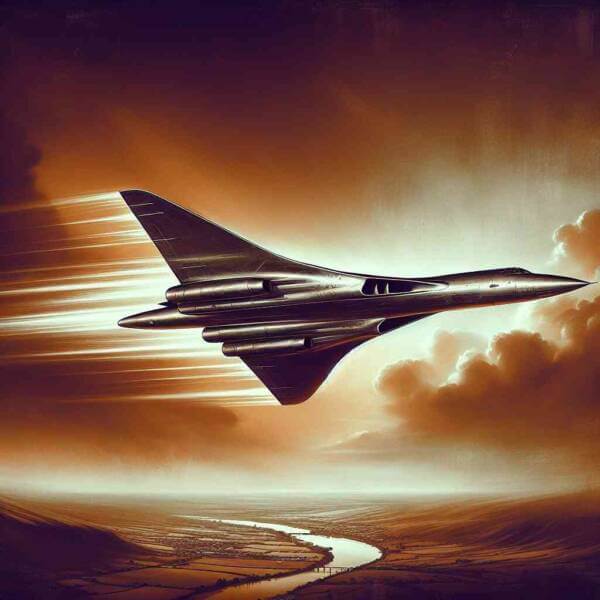Essential Facts About Military Aviation
Essential Facts About Military Aviation
Blog Article

The use of aircraft in military operations transforms battlefield tactics.
Nations invest heavily in military aviation to enhance defense capabilities.
How Military Aviation Began
Military aviation started during World War I, with aircraft initially used for reconnaissance.
Key developments over time:
- Development of air combat tactics
- World War II advancements
- The Cold War era
- Modern drone warfare
Each era brought new technologies that pushed the limits.
Types of Military Aircraft
Military aviation includes a variety of aircraft, each designed for different roles.
Types of planes used in military aviation:
- Aircraft designed for air-to-air combat
- Bombers
- Transport aircraft
- Reconnaissance and surveillance drones
Each type plays a vital role in military operations, from supporting ground forces.
The Strategic Value of Military Aviation
Air superiority is essential for achieving military success.
Benefits of air superiority include:
- Protecting ground forces
- Cutting off enemy resources
- Surveillance and reconnaissance missions
- Boosting morale
Nations with strong military aviation capabilities can control conflicts.
The Next Generation of Military Aircraft
Constant research and development push boundaries for future warfare.
Future technologies in military aviation:
- Aircraft designed to evade radar detection
- Hypersonic weapons
- Artificial intelligence-driven missions
- Laser and electromagnetic systems
These advancements increase read more survivability for air forces worldwide.
Obstacles Facing the Industry
From high costs to geopolitical tensions, the road to air dominance is a constant battle.
Major obstacles to overcome:
- Budget constraints for defense programs
- Need for constant upgrades
- Securing digital communications and data
- Questions about accountability and control
Addressing these challenges is necessary for effective defense strategies.
Where Military Aviation is Heading
The future of military aviation promises an era of transformation.
Likely developments:
- Greater integration of artificial intelligence
- Military satellites and space-based weapons
- Eco-friendly military aircraft
- Joint defense projects
The next era of military aviation will shape the future of global security.
Conclusion
Its history, present achievements, and future possibilities demonstrate strategic importance.
As technology continues to evolve, the skies will remain a critical arena where military aviation safeguards freedoms.
The future of military aviation is more dynamic than ever — and it’s only just beginning. Report this page